general
New Year’s Resolutions to Reduce Plastic Pollution
Plastic is everywhere, from diapers to furniture—a huge part of our lives. We make so much of it – by 2021, we’d already created 11 billion tons, to give you an idea of how much that is, it’s equivalent to 1.6 billion elephants’ weight in plastic.
All this plastic is causing real problems. It hurts the environment, makes us sick, speeds up climate change, and even makes things unfair for some people. That’s why world leaders have been working together since 2022 to address this serious environmental problem, as the UN calls it.
With the New Year coming, you might be thinking about ways to be a little greener and reduce plastic pollution. A healthy planet is a healthy us—it’s all connected! This is especially important if you enjoy seafood because over 47 kinds of fish eat plastic by accident, thinking it’s food.
Here are some ideas to reduce plastic pollution and help you live a healthier, eco-friendly life this year.
Plastic Pollution is a Massive Environmental Problem
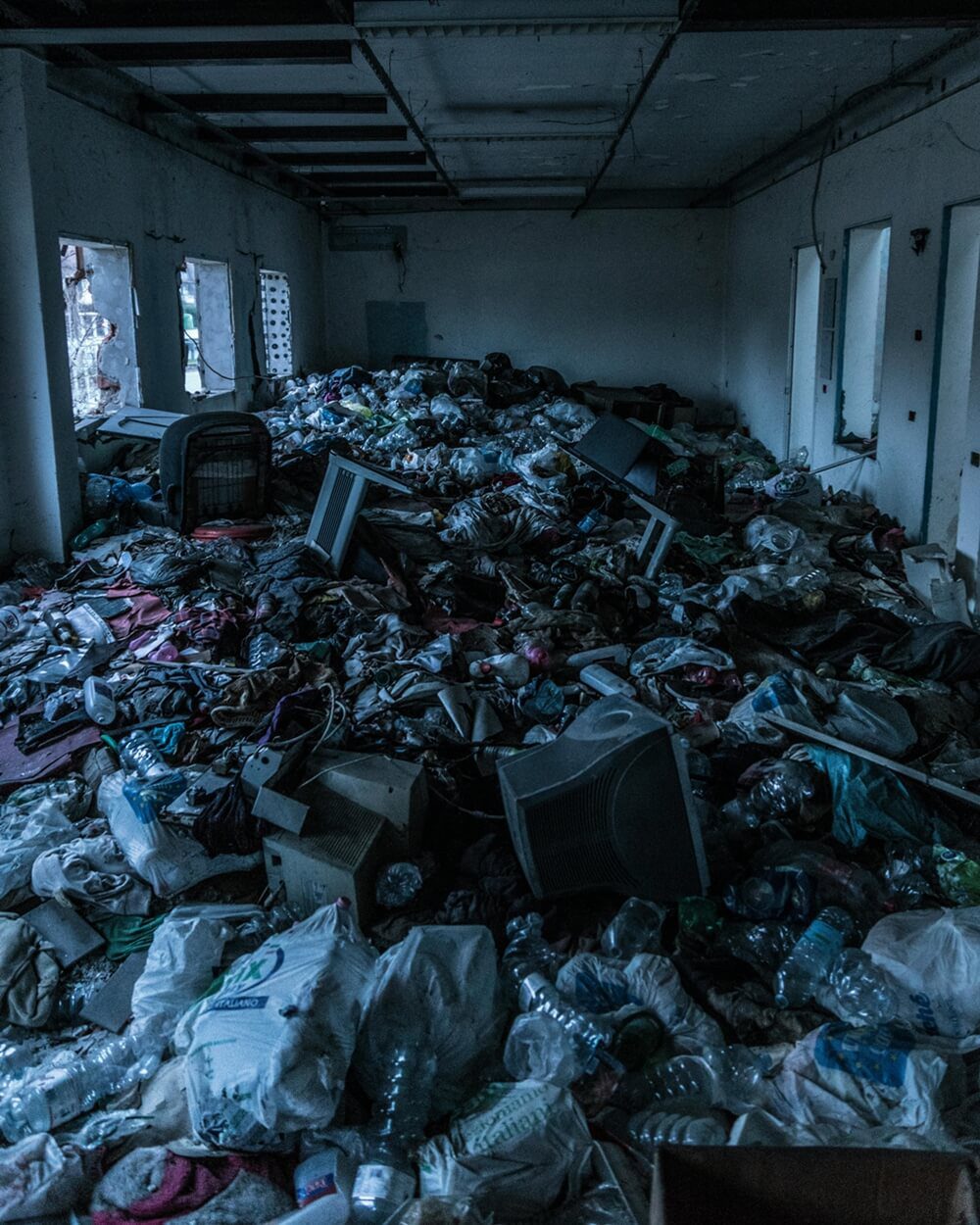
We produce up to 400 million tons globally each year, primarily from petroleum. This manufacturing process releases harmful greenhouse gases and other pollutants into the environment. The situation is worsened by the fact that most plastic isn’t recycled, it’s cheaper to make new plastic than to recycle the old. Many plastics also aren’t recyclable at all.
Consequently, a large percentage ends up in landfills, is incinerated (releasing even more CO2), or directly contaminates our natural world. There, it slowly breaks down into microplastics—small particles that are now pervasive in the environment and even our bodies. This persistent pollution poses serious risks to ecosystems and human health, highlighting the urgent need for prioritized strategies to reduce plastic pollution, including developing sustainable alternatives and improving waste management systems.
Skip Bottled Water
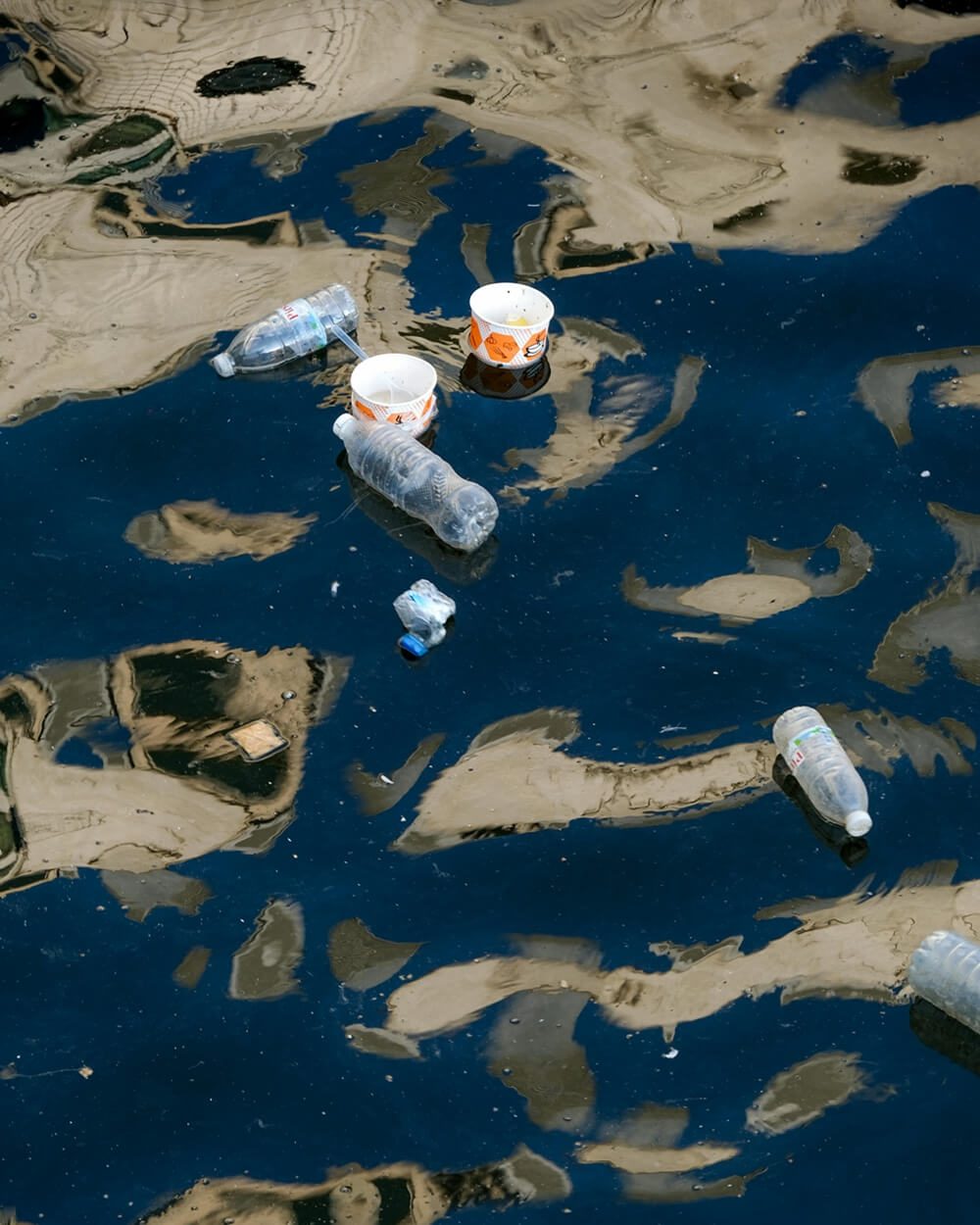
Don’t assume all those plastic bottles get recycled. The EPA says we only recycle about 30% of PET plastic bottles—the rest ends up polluting beaches and oceans. This is why reducing plastic pollution is so important.
People who buy bottled water often think the plastic is totally safe, but that’s probably not true. Studies show PET plastic (#1 on the bottom) contains over 80 possible contaminants that could seep into the water. While we don’t know exactly how much leaks into the water, chemicals like formaldehyde, acetaldehyde, and antimony have been found to do so.
So, please think twice before grabbing that plastic bottle.
Bring Your Bag to the Grocery Store
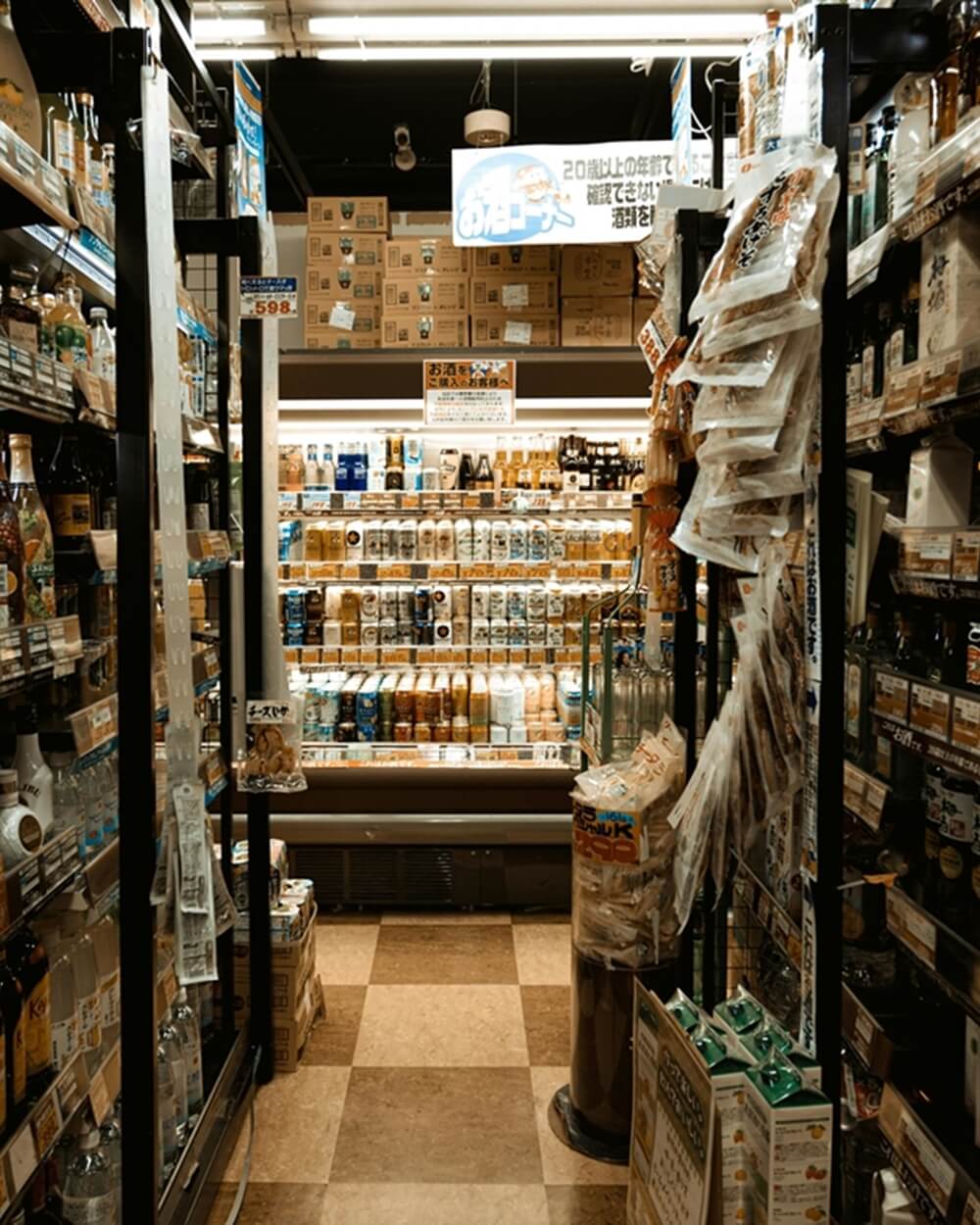
It’s an easy way to cut down on plastic bags—always carry a reusable tote, backpack, or basket. And forget about paper bags because they’re actually worse for the environment than plastic ones.
Lots of fruits and veggies, like bananas, carrots, and apples, already have their own natural packaging—their peels! No need for extra plastic bags. Just wash or peel them before eating. For smaller produce, grab some reusable produce bags, many supermarkets sell them, and they’re super durable and washable.
Support Local Package-Free Stores
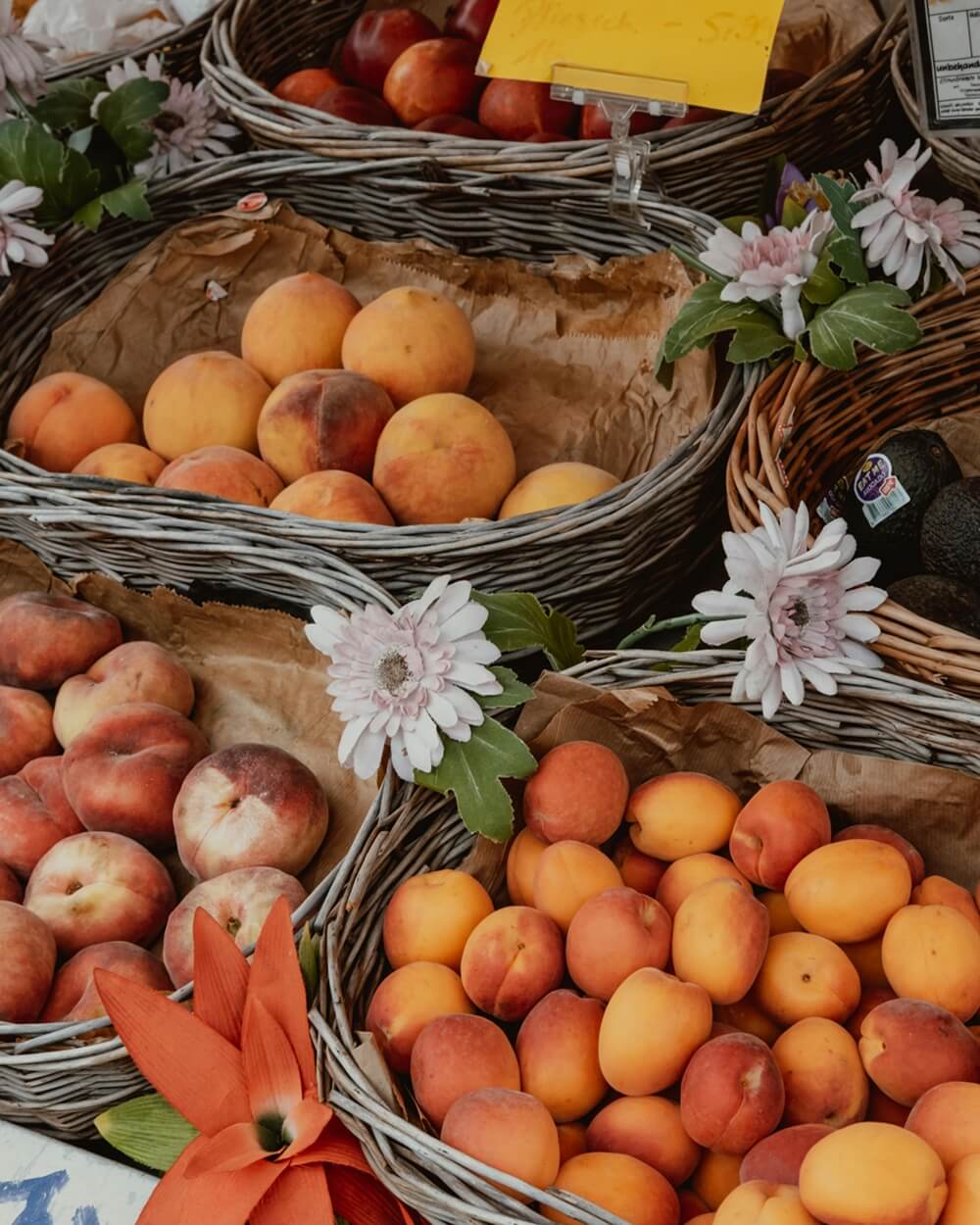
One of the best ways to reduce plastic pollution is to shop smart. While it’s still difficult to find unpackaged food at regular supermarkets, package-free stores are a great alternative! These stores are appearing in many cities, letting you bring your own containers to fill up with exactly what you need.
Keep in mind that many package-free stores focus on organic and Fairtrade items, which can be pricey. But don’t worry—many regular supermarkets are adding bulk sections where you can fill your own bags or containers. Some even let you bring your containers to the deli counter, though you’ll usually fill them at the counter, not behind it, for hygiene reasons. Always check with the store first to see what they allow.
Green Your Travel

Travel is amazing—it opens up new worlds and connects us with different cultures. But our adventures can unfortunately create a lot of plastic waste, from snack wrappers to water bottles. This contributes to the larger problem of plastic pollution, threatening the very places we love to explore.
Sustainable travel is key to reducing plastic waste. By carrying reusable water bottles, bags, and utensils, you can significantly cut down on single-use plastics. Choosing eco-friendly accommodations and tour operators who minimize plastic use also makes a big difference. Supporting local businesses and eco-conscious initiatives further helps reduce plastic pollution and promotes environmental protection.
For your next adventure, remember to pack smart and choose wisely, you can have incredible adventures while minimizing your environmental impact—it’s a win-win!
Reduce Plastic with Solid Toiletries
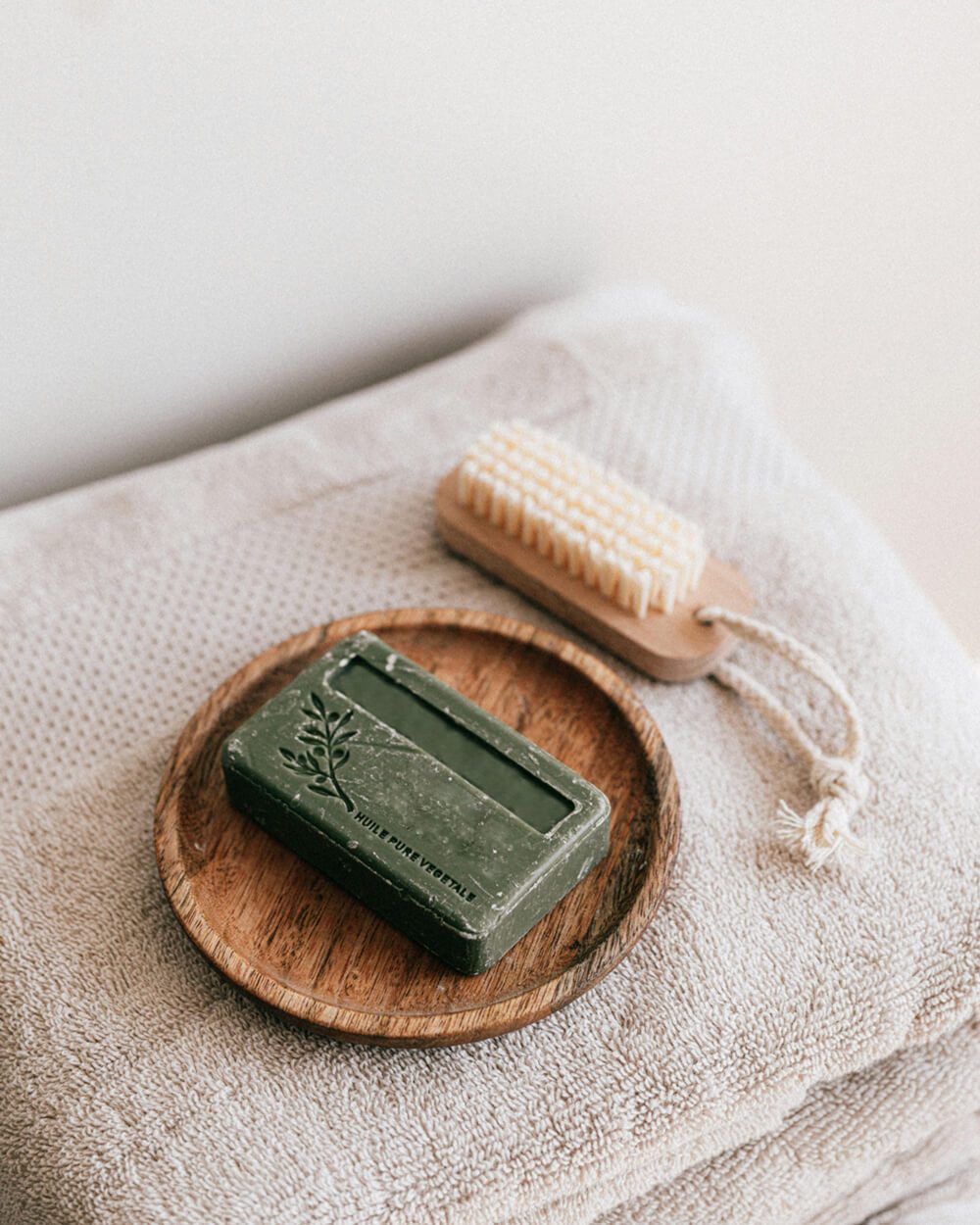
Want to travel lighter and greener? Switch to solid toiletries. Shampoo bars, soap, and toothpaste tablets usually come with little or no plastic packaging, helping you reduce plastic waste. They’re also more concentrated, so they last longer, and they’re perfect for travel since they’re compact and don’t have liquid restrictions.
Just Say No to Plastic Straws

Plastic straws are among the top 10 pieces of trash found on beaches, and by 2050, there could be more plastic than fish in the ocean!
So, what can you do? Easy, just say “No straw, please” when you order a drink. Encourage your family and friends to do the same. If you really need a straw, carry your reusable bamboo straw or a reusable stainless steel one.
Besides, plastic straws aren’t exactly healthy. They’re made from oil, with added dyes and chemicals, and don’t break down naturally. They’re nearly impossible to recycle, so most end up polluting the environment for hundreds of years.
With This in Mind…
Building greener habits takes time and effort, but once they become part of your routine, you’ll wonder how you lived without them! It’s better for you, your family, and the planet.
Spread the word! Share this blog post with your friends and family, and tell them about your own efforts to reduce plastic pollution, to reuse and recycle plastic. You can even work with others in your community to encourage local businesses to do their part.
Join the GOWOOD community on Instagram and tag us in your posts—we love hearing your stories!
Happy New Year 2025 from the GOWOOD Team.


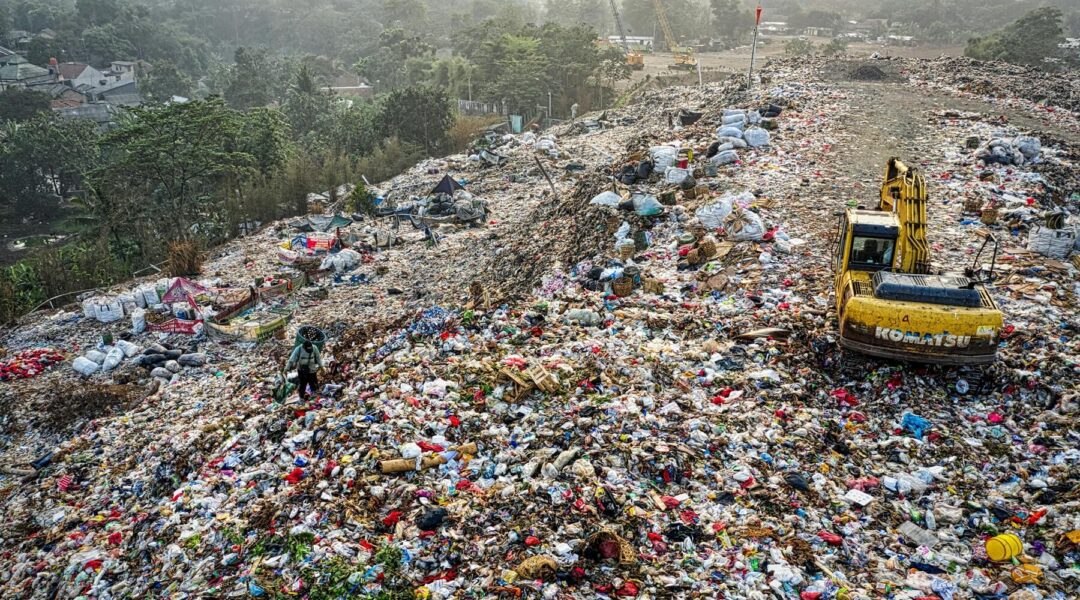

 Français
Français